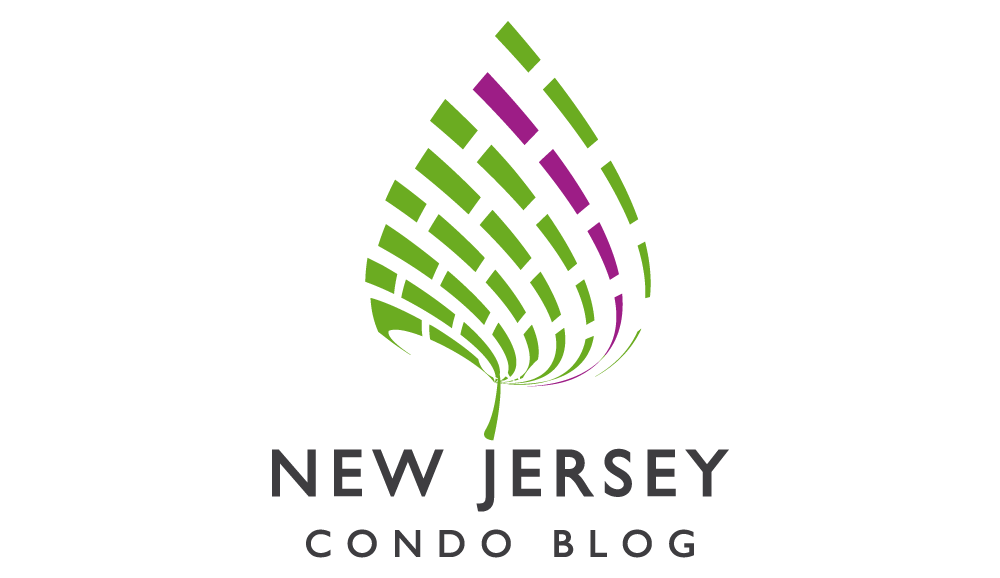
Can Community Association Members Record Board Meetings?
Various states provide a statutory right for members within a Community Association to audio or video record an open meeting of the board, subject to reasonable board regulations. However, in New Jersey, the law neither prohibits nor affirmatively permits owners to record board meetings. It is therefore up to a particular board to determine whether such meetings can be recorded.
Unfortunately, the internet is full of misinformation on this increasingly hot topic. One blog recently stated, incorrectly, that condominium board meetings are “quasi-governmental” in nature and therefore subject to the New Jersey Open Meeting Act, which permits members to record meetings. Such an assertion has no basis in law. The Open Meeting Act only applies to governmental entities, not Community Associations. The label of “quasi-governmental” has only been applied by the New Jersey Courts to a very limited set of circumstances. And, while certain constitutional protections of free speech extend to Community Associations under a “quasi-governmental” theory, there is currently no constitutional right to take audio or video recordings of open board meetings within New Jersey.
There is also a widely held misconception that “open” meetings are “public” meetings; however, the two terms are not synonymous. Under New Jersey law, an open meeting refers to attendance of the board meeting by its members, not the general public. Indeed, many associations lawfully prohibit non-members from attending or participating in open meetings. The “open meeting” is a meeting of the members of a private nonprofit corporation, not a public governmental body.
The Planned Real Estate Development Full Disclosure Act (“PREDFA”), which applies to all community associations within New Jersey, provides that, ”all meetings of the executive board, except conference or working sessions at which no binding votes are to be taken, shall be open to attendance by all association members.” (N.J.S.A. 45:22A-45(a). However, the Act further provides that, “the participation of unit association members…in the proceedings or the provision of a public comment session shall be at the discretion of the executive board.”
Accordingly, the law in New Jersey provides under PREDFA, and in some cases if the association bylaws mandate or suggest adherence to the Robert’s Rules of Order (there is no statutory requirement to follow Robert’s Rules), the board of the association has the discretion to permit or deny the right to record open meetings. The statute clearly indicates meetings are only open to members of the association and the participation by the members is within the sole discretion of the board.
We advise that boards adopt a code of conduct resolution to clarify whether open meetings may be recorded, in addition to basic parliamentary and decorum rules. There are certainly pros and cons to permit recordings of such meetings, which may vary from association to association based upon the dynamics involved. Boards in favor of recording meetings feel it promotes board transparency and communication with its owners. Indeed, legislatures in other states have felt this principle to be so important that they have codified such a right. Those against recording opine that open meetings are not meant for the general public and may have a chilling effect on candid comments and discussions among members and board members. Association members may not want to ask the board a question knowing that they will be videoed and instantly appear on social media.
Most states that provide for recordings of meetings do allow boards to regulate recording procedures and prohibit any action that, for example, uses obtrusive lights. However, regardless of jurisdiction, many questions remain unanswered as to what may be done with the recordings, if permitted. Are such recordings allowed to be posted on social media? What is the expectation of privacy by the board and other owners within a private corporation? Can the board permit recordings but restrict dissemination outside of the purview of association members?
Interestingly, the most recent regulations to PREDFA, as promulgated by the New Jersey Department of Consumer Affairs, address the taking of minutes by an association board. Among other things, there is a new requirement for boards who record open meetings: “If a meeting is recorded electronically, a written record shall be taken of the matters addressed and the matters voted on. Association members shall have access to the electronic recording, as well as the written record, including the right to make a copy of electronic or written records.” (N.J.A.C. 5:26-8.12(f)(6)).
In the age of virtual videoconference open board meetings, boards should note that if the meeting is recorded using a program’s recording option, or are in the general practice of electronically recording open meetings, whether virtual or in-person, a copy must be made available upon request from an association member. However, a board is not required to make an electronic recording of an open meeting. The same considerations for allowing recordings by association members are equally applicable for boards considering whether or not they should record open meetings.
The lawyers at Becker are fully versed in these types of issues and can guide boards who are navigating these important issues.




